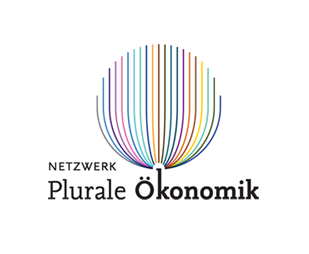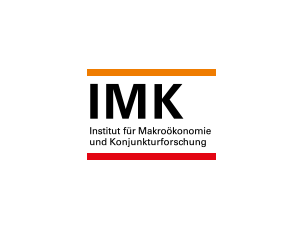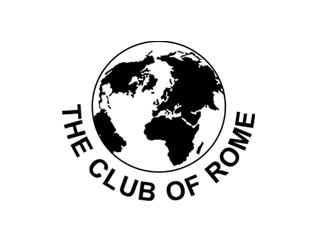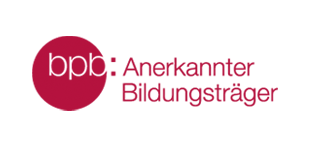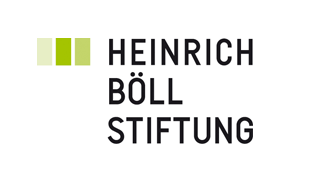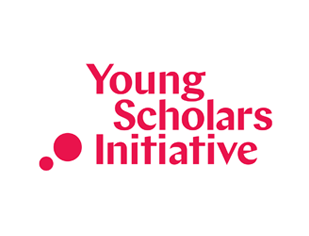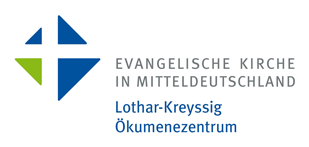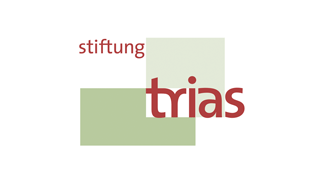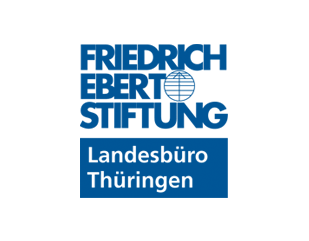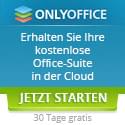The Online Summer Academy 2020 - Workshop results & output
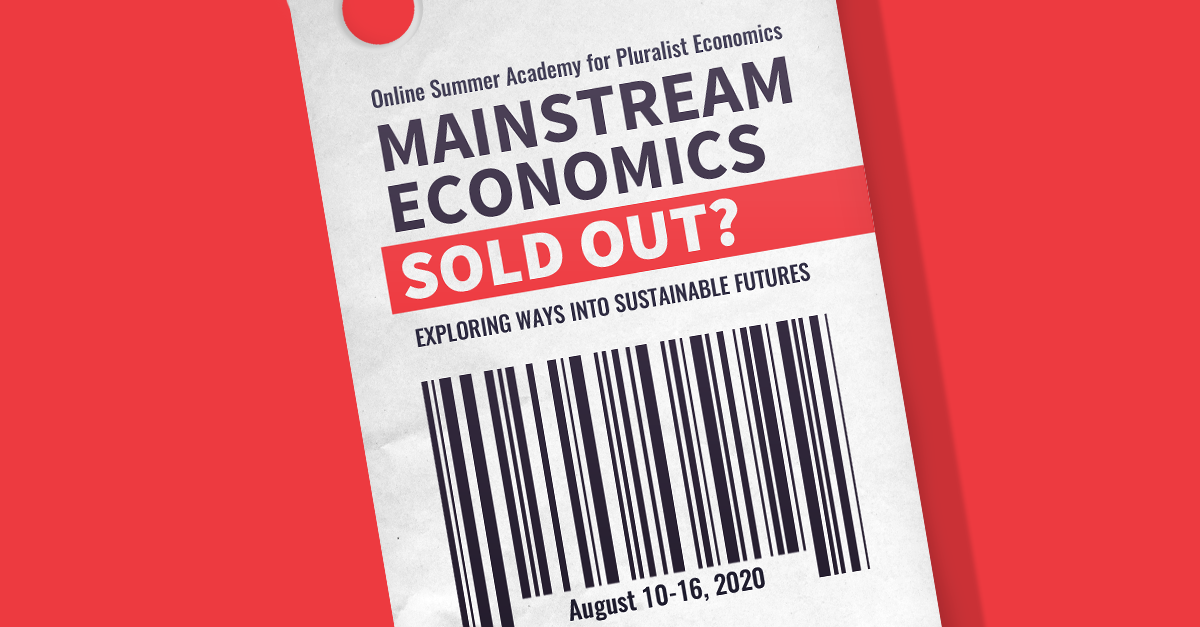
During the summer academy we had small workshop groups with around ten participants. Altogether there were twelve workshop sessions of 90 minutes each combining phases of knowledge dissemination in the style of interactive lecturing, collaborative teamwork and periods of individual work. You can a look at the schedule here.
The workshop groups worked towards producing a common output which you can find below.
Find descriptions and the results of the workshops below:
Workshop 1: Critical Development Economics/ Decolonizing Economics
by Diversifying and Decolonising Economics (D-Econ)
Dr. Farwa Sial (University of Manchester)
Dr. Surbhi Kesar (Azim Premji University)
Dr. Ingrid Harvold Kvangraven (University of York)
Dr. Hanna Szymborska (Birmingham City University)
The workshop on Critical Development Economics will engage with four core issues. First, we will explore how the project of economic development, despite it being celebrated as an ‘apolitical’ project of ‘modernity’ was rooted in colonial power structures. We will then explore how the discipline of Development Economics has evolved historically and will engage critically with the current mainstream of the discipline. Second, we will engage with certain critiques of the discipline that question and problematise the project of economic development from a noneurocentric perspective. Third, we will unpack the dichotomy between the public and private spheres in development policy-making and how this has varied across time and region. Through this lens, we will problematize the ‘one-size fits all model’ of capitalist development. Finally, we will explore the political economy of the contemporary development agenda, with a specific focus on the Sustainable Development Goals (SDGs), and unpack how it reproduces the structural inequalities that the project of development was ‘expected’ to dissolve.
Input Session 1: Dr. Surbhi Kesar
The first session of the workshop introduces students to the historical evolution of the discipline of Development Economics. It engages with how the project of economic development for the post-colonial developing economies was essentially embedded within the neo-colonial/imperial power structures and how, consequently, the discipline evolved into a colonised / western-centric discipline. The session will also provide a brief overview of certain non-mainstream strands that engage critically with the colonised nature of the discipline and attempt to break away from these colonial roots.
Input Session 2: Dr. Ingrid Harvold Kvangraven
This session unpacks how thinking on development economics discipline has evolved, shifting from being a colonial project, a modernization project, an emancipatory project, to a technical project. This will involve delving into critical strands of development economics, such as dependency theory and thinking on post-development, but also to examine critiques of the contemporary "gold standard" of development economics, namely randomized control trials.
Input Session 3: Dr. Farwa Sial
The dichotomy between the public and private sphere is at the heart of capitalism and any attempt at building contemporary economic models emanates from a basic understanding of the distinction between these spheres. However, this distinction has not been historically consistent under the broad umbrella of Western capitalism and also varies across countries. Building on previous
sessions, this session will highlight the historical evolution of the public-private dichotomy and argue against a ‘one size fit all’ approach to economic modelling.
Input Session 4: Dr. Hanna Szymborska
In this last session, participants will examine the current state of the international development policy agenda by scrutinising the Sustainable Development Goals (SDGs). Participants will learn about the political economy of the SDGs, the strengths and the shortcomings of the post-2015 development agenda, and to what extent the SDGs and the international institutions that are involved in achieving the SDG targets challenge or reproduce the status quo in the global economy.
Collaborative Session
Roundtable on how to develop a non-eurocentric / decolonized development economics syllabus. Participants will take part in this interactive discussion to formulate practical insights which they will incorporate in the subsequent collaborative sessions over the week.
Workshop 2: Critical Institutional Economics
Prof. Dr. Stephan Panther (Cusanus-Hochschule Bernkastel-Kues)
The term Institutional Economics is ambiguous. New Institutional Economics, for example, belonging to the mainstream, gained reputation between the 1990's and 2000 as part of the Institutional Turns in all social sciences. Within this latter development, the Original or Critical Institutionalist Economics in the tradition of Thorstein Veblen also experienced a revival, best represented by Geoffrey Hodgson. Key concepts include habit, change, and evolution.
The focus of this workshop will be on Critical Institutionalism, and will be guided by the following question: how can institutional change be guided on the basis of a normatively rich economic theory? The workshop takes an interdisciplinary approach and will also explore multiple approaches of economic sociology such as Bourdieu's Habitus, field theory, and the French economics of conventions.
Workshop 3: Ecological Economics, degrowth, and the Green New Deal
Riccardo Mastini (Autonomous University of Barcelona)
The first day of the workshop is intended to initiate students to the foundational concepts of ecological economics. Ecological economics is an ecological critique of economics, applying the energetics of life to the study of the economy. It also investigates the social distribution of environmental costs and benefits. It does so by deconstructing concepts that are taken for granted like “nature” or “the economy”, excavating their ideological origins.
After laying these foundations, on the second day of the workshop we will venture into the theory of degrowth. Degrowth is, first, a critique of the ecological consequences of economic growth. The faster we produce and consume goods, the more we transform and damage the environment. Second, economic growth is no longer desirable. The costs of growth exceed its benefits. Growth has become by now “uneconomic”. Third, growth has always been based on exploitation. Without a sur¬plus, there is no investment and no growth. To have a surplus, capitalists or governments must exploit someone, somewhere.
The question on everybody’s mind at this point will probably be: what would a degrowth economy look like? On the third day of the workshop, we will look at some of the flagship policy proposals articulated by degrowth scholars. These policy proposals are an attempt at reforming the institutions of property, work, and money to ensure social inclusion, economic equality, and ecological sustainability.
On the final day of the workshop, we will engage with the emerging political discourse of the Green New Deal. This discourse postulates the need for an active role of the State in the economy to drive the ecological transition. To do so, Green New Deal advocates aim at deploying the power of public investment and coordination is a historic break from neoliberalism. However, for this discourse to be up to the task of staving off the mounting global ecological breakdown, the theoretical and policy insights provided by degrowth must be incorporated for a socio-ecological transformation.
Workshop 4: Economic Geography: Labour, Inequality and Nature in Globalized Capitalism
Prof. Dr. Stefan Ouma (University of Bayreuth)
Dr. Johanna Herrigel (University of Zürich)
The globalisation of production-consumption relations is not a novelty of the last 40 years or so – the era often associated with ‘globalization’. For many centuries, the countries of the Global North have been interwoven with the production of spaces, places and the exploitation of human labour and natural resources in the Global South. However, over the past decades, these interconnections have come to expose an unprecedented social, technological and geographical complexity. Today, agricultural and industrial production and even services are globally fragmented and are being worked upon in a myriad of places, yet are functionally tightly integrated at the same time.
The approaches of global commodity chains, value chains and production networks have particularly shaped our understanding of the functioning of a seemingly borderless (yet highly integrated) global economy, both within and outside economic geography. At the same time, these analytical approaches have become prominent instruments of regional and global development policy-making, as most recently espoused by the publication of the World Bank’s World Development Report 2020 (“Trading for Development in the Age of Global Value Chains”). This practice-oriented shift has often been bemoaned in more critical accounts of a “world of chains”, which highlight the many “dark sides” of global supply-chain capitalism.
In this workshop, we engage with four major themes that are central to understanding the political economy and ecology of global commodity chains:
1. A world in/of Chains: Global commodity chains and lead firm power
2. Placing Labour in Global Commodity Chains
3. Global Commodity Chains, Inequality and Financialization
4. Global Commodity Chains and World Ecology
After inputs from the lecturers, the students will put to use these in the group and individual work in order to map and elaborate the shifting geographies and economic relationships of globalized production, and their implications for labour, the environment, patterns of inequality and the accumulation of wealth at a regional and world scale.
Workshop 5: Economics and Religion: Intersections, Tensions, and Alternatives
Dr. Joerg Rieger (Vanderbilt University, Nashville/Tennessee)
Religion and economics have been deeply intertwined throughout history, even though the connections have often been overlooked in modern thought. While the modern definition of religion introduces a strict separation of religion, politics, and economics, repeated economic disasters challenge us to reexamine the connections. Using the example of Christianity, this course will discuss how the structures of dominant economic systems influence religion, exploring what contributions religion might make to economics in turn, and whether relating religion and economics might be able to foster alternative economic and religious expressions.
Workshop 6: Feminist Economics
Magali Brosio (University of Birmingham)
Feminist economics analyses the interrelationship between gender and the economy. Thereby, feminist economics also takes the unpaid, non-market intermediated part of the economy and society into account and examines the driving forces behind common dichotomies such as economic–social, productive–reproductive, masculine–feminine, paid–unpaid or public–private. Moreover, feminist economics analyses patriarchy and capitalism as interrelated forms of dominance. Against this background, questions arise about the distribution and disposal of property, income, power, knowledge and the own body.
Workshop 7: Inequality Economics
Franziska Disslbacher (WU Wien)
Daniel Obst (University Duisburg-Essen)
Patrick Mokre (New School in New York)
The topic of inequality has moved to the centre of economic debates, at the latest since Thomas Piketty's Capital in the 21st century. Who earns how much, and why? And who has how much wealth? In our seminar, we want to go beyond these questions, because others have already provided an excellent compilation of these basic issues elsewhere. We additionally ask: What role does inequality play in different schools of thought? What about other important dimensions of socio-economic inequality such as education or health? And how does inequality, through social status competition, influence social consumption patterns and the question of how much we work?
Workshop 8: Marxist Political Economy
Jan Philipp Dapprich (University of Glasgow)
This workshop will give an introduction to the political economy of capitalism and socialism from a Marxist perspective. We will study the Marxist critique of capitalism, covering key aspects of the first volume of Capital. This covers the production of surplus value and the exploitation of workers, as well as the tendency of capitalism towards crisis. We will also consider what Marx and Engels had to say about socialism and communism and cover later responses to Marx which led to the socialist calculation debate. In the socialist calculation debate, economists of the Austrian school argued that rational planning of production would be impossible in a socialist economy. We will consider possible responses to this objection and contemplate what an alternative form of economic organisation to capitalism could look like.
Components:
1) Surplus value and Exploitation
2) Accumulation and Crisis
3) Socialism and the Socialist Calculation Debate
4) Computer Communism
Workshop 9: Modern Monetary Theory (MMT)
Maurice Höfgen (Research Associate at the German Parliament and Member of Pufendorf Society for Political Economy)
Arguably, money is the most important institution in today's capitalist economies. Money drives the economy as it is the central means to acquire and move resources. Consequently, the study of how the monetary system functions is of crucial relevance. Modern Monetary Theory (MMT) puts the modern monetary arrangements at the centre of its analysis. As such, MMT provides a different angle - grounded in the operational realities of the modern institutional framework - from which economic issues can be analyzed and, even more importantly, from which policy options that were not previously considered viable can be derived – most prominently, the Green New Deal and an incorporation of a Job Guarantee.
This workshop will cover:
1) Understanding the monetary system and the nature of money
2) Unemployment and Inflation from an MMT perspective
3) Fiscal and Monetary Policy from an MMT perspective
4) Where should/could we go from here? Discussion of MMT-informed policy proposals (Job Guarantee, Green New Deal, etc.)
Workshop 10: Post-Keynesian Economics
Prof. Matías Vernengo (Bucknell University, Lewisburg/Pennsylvania)
The Workshop on Post-Keynesian (PK) Economics will deal with four main questions. First, a discussion of the meaning of PK economics, its historical development and its place within heterodox economic thinking. The relation of the PK school with the mainstream and with other heterodox schools like, Institutionalists, Marxists, Schumpeterians, and Sraffians will be analyzed. Then the main topics of analysis within the PK school will be discussed, with classes on Theories of Output and Employment, Endogenous Money and Financial Fragility, Inequality and Inflation, and Theories of Growth. The emphasis on demand driven models, on the instability of capitalism, and on the role of distributive conflict both in inflationary and accumulation processes will be central to the conversation. The key authors following Keynes, e.g. Joan Robinson, Michal Kalecki, Nicholas Kaldor, Piero Sraffa, and modern contributors will be discussed.
Workshop 11: Sustainable Finance
Andreas Dimmelmeier (University of Warwick, UK)
Sustainable finance has become more salient over the past years as governments, financial institutions and central banks have emphasised the need to link the financial system with sustainability concerns. So far, the trend towards sustainable finance appears to be stable despite the COVID 19 pandemic. Advocates of sustainable finance point out that financial assets that integrate Environmental, Social and Governance concern have outperformed the benchmarks in recent months. In addition, initiatives like the EU’s sustainable finance agenda or climate stress tests by regulators are still proceeding as planned.
While sustainable finance appears to become a significant feature of the financial system, interpretations of what this entails vary considerably. Some observers emphasise the transformative nature of this development, while others argue that it is a mere exercise in ‘greenwashing’ that hinders structural changes. In addition, critics point out the dangers of the further financialization of environmental and social issues.
This seminar provides an overview of the developments and the major cleavages in the sustainable finance community. Using network analysis and institutional analysis, the different actors and initiatives in sustainable finance are mapped, clustered and explored. This seminar features an introduction into methods of social science research as well as insights about the policies and political debates in the field of sustainable finance.
Workshop 12: Capitalism, Socialism, Social Market Economy and Current Transformative Policy Proposals
An Economic Style Approach to Future and Past Organising Principles of Society
Janina Urban (Netzwerk Plurale Ökonomik) & Hannah Heller (University of Witten/Herdecke)
For the first time since the Cold War, a broader part of society also in the Global North is questioning the fundamental principles of the organisation of the global economy and hence, of society. The Economic Styles approach emphasizes the interrelationship between cultural and economic aspects of society and offers a holistic and interdisciplinary frame to think about the economic foundation of society and its impact on it. After an introduction into the economic style theory, we use this methodology to consider past theories of economic organization as the traditional antagonistic concepts of Socialism and Capitalism and the Third Way of the Social Market Economy. We try to carve out style categories to explore and discuss more recent drafts to organise the economy in a more social and ecological way, either through regulated capitalism, a Green New Deal or a Commons Transition.

